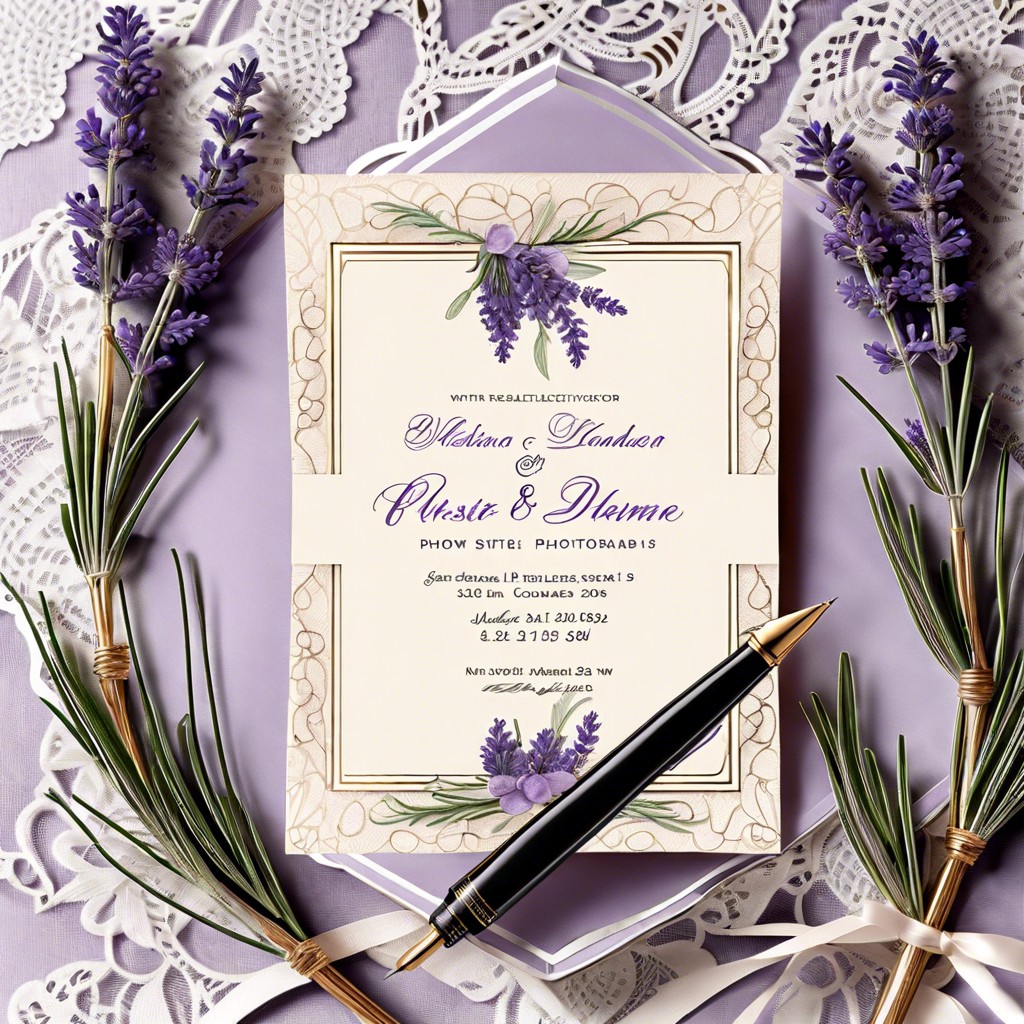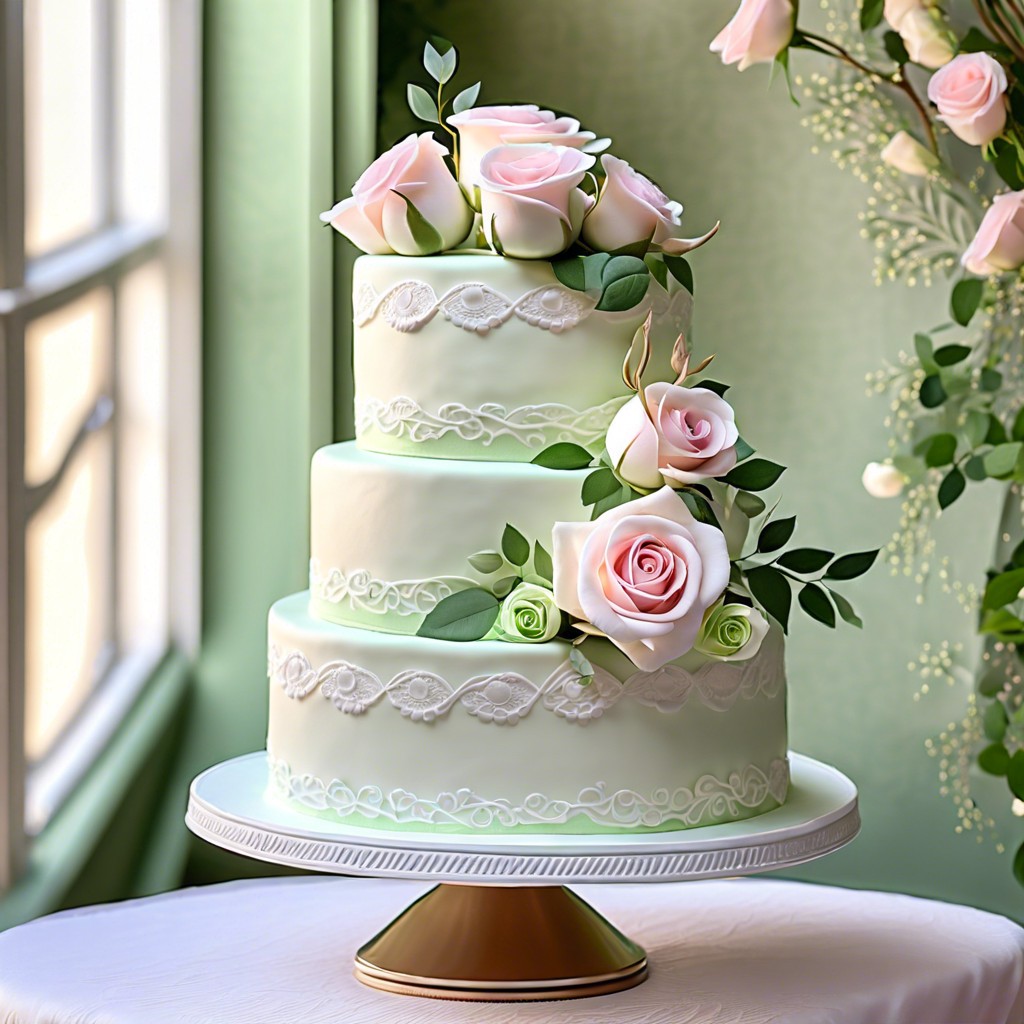Here’s how to plan an outdoor wedding for unexpected events such as inclement weather, power outages, or other unforeseen circumstances.
Create a contingency plan that includes options such as having tents or canopies available to provide shelter in case of rain, having a generator on hand in case of a power outage, and having an alternate indoor venue available if the outdoor venue is not suitable.
Planning an outdoor wedding can be a beautiful and romantic experience but comes with challenges. One of the biggest concerns is handling unexpected events like bad weather or other unforeseen circumstances.
In this blog post, we’ll provide some tips on planning for these scenarios, so Mother Nature doesn’t ruin your big day. We’ll talk about what to consider when selecting a venue, how to create a backup plan in case something goes wrong, and other helpful advice that will help you ensure your outdoor wedding goes off without a hitch.
Have a Backup Plan for Inclement Weather

Unexpected rain, wind, or other extreme weather conditions can ruin the special day if unprepared. To ensure that your outdoor wedding goes off without a hitch, it is essential to have a contingency plan in place should the weather take an unexpected turn.
This could include having access to tents or umbrellas to protect guests from rain and wind and having alternate indoor venues available should the ceremony need to be moved indoors due to severe weather conditions. It may be helpful to have extra blankets on hand if temperatures drop unexpectedly during the event.
By taking these steps and being prepared for any changes in the forecast, couples can rest assured that their outdoor wedding will go off without a hitch, no matter what Mother Nature throws at them!
Have Extra Supplies On Hand in Case of Emergency

It is essential to plan and anticipate any potential issues that may arise. This includes having items such as umbrellas, blankets, flashlights, first aid kits, and other items that could be useful if the weather turns bad or there is an unexpected medical issue.
It’It’sse to have a backup plan in place if the original venue becomes unavailable due to unforeseen circumstances. These extra supplies can help ensure your outdoor wedding goes off without a hitch!
Hire an Experienced Wedding Planner to Help Coordinate the Event

A wedding planner can help coordinate the event and provide guidance on how to handle any surprises that may arise. They can anticipate potential issues and create contingency plans if something goes wrong.
The planner can also help with budgeting, scheduling, vendor selection, and other essential event details. With their expertise, they can ensure that everything runs smoothly so that you don’t have to worry about any last-minute changes or problems.
Research Local Vendors Who Can Provide Services in Case of Unexpected Events

This includes researching vendors who can provide tents, catering services, and other necessary items if the weather turns evil or other unforeseen circumstances arise. Knowing which vendors are available in the area will help ensure that any unexpected event does not ruin the special day.
A backup plan for these situations will give couples peace of mind when planning their outdoor wedding.
Create a Timeline and Checklist for the Day of the Wedding

This timeline should include contingencies for unexpected events, such as inclement weather or other unforeseen circumstances. Planning can help minimize stress on the event day and ensure that all necessary preparations are taken care of in advance.
When creating a timeline, it is essential to consider how long each activity will take and plan accordingly. For example, if you expect rain, make sure to factor in extra time for setting up tents or moving activities indoors.
Create a checklist of items to complete before the wedding begins so nothing is forgotten or overlooked. This could include confirming vendors’ arrival times or double-checking that decorations are correctly set up.
It is essential to have backup plans in place if something goes wrong on the wedding day. Contact information is available for emergency services such as medical personnel or local law enforcement in case they are needed during your event.
Consider having alternate locations ready if you need to move activities indoors due to bad weather conditions or other unexpected events at your outdoor venue.
Communicate With Guests Ahead of Time About Potential Changes

It is essential to inform guests beforehand that the event may be subject to change due to weather, illness, or other factors outside your control. This will help ensure everyone is prepared and can adjust their plans accordingly.
It will give you a chance to provide alternative arrangements if needed. For example, if rain is forecasted on the wedding day, you could suggest a backup plan, such as moving the ceremony indoors or providing umbrellas for guests who wish to stay outdoors.
By communicating with your guests about potential changes or delays due to unforeseen circumstances, you can help ensure that everyone has a great experience regardless of what happens on the big day!
Make Sure All Vendors Are Aware of Any Potential Risks

This includes things like inclement weather, insects, and other environmental factors. Vendors should be prepared to handle these unexpected events during the wedding.
For example, if there is a chance of rain on the day of the wedding, vendors should have a plan in place for how to move guests indoors or provide shelter from the elements. Vendors should be prepared for any insect infestations that may arise and have appropriate measures in place to address them quickly and effectively.
Vendors should also be aware of other environmental factors affecting their services, such as extreme temperatures or strong winds.
By ensuring all vendors know the potential risks associated with outdoor weddings and are prepared to handle them if necessary, couples can ensure their special day goes off without a hitch!



